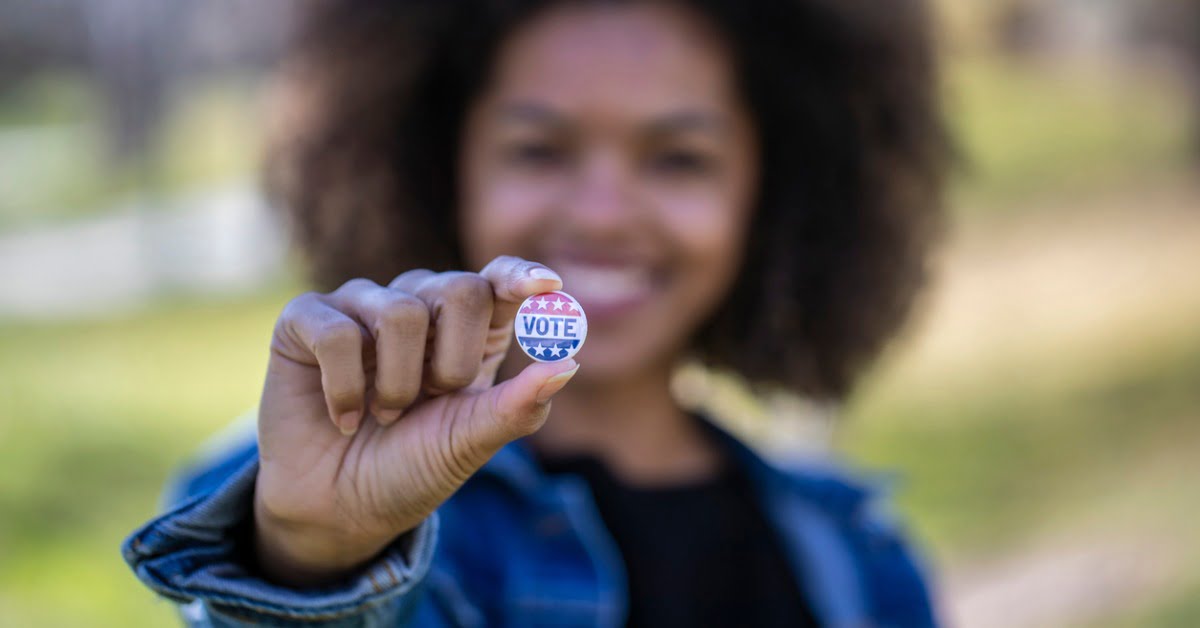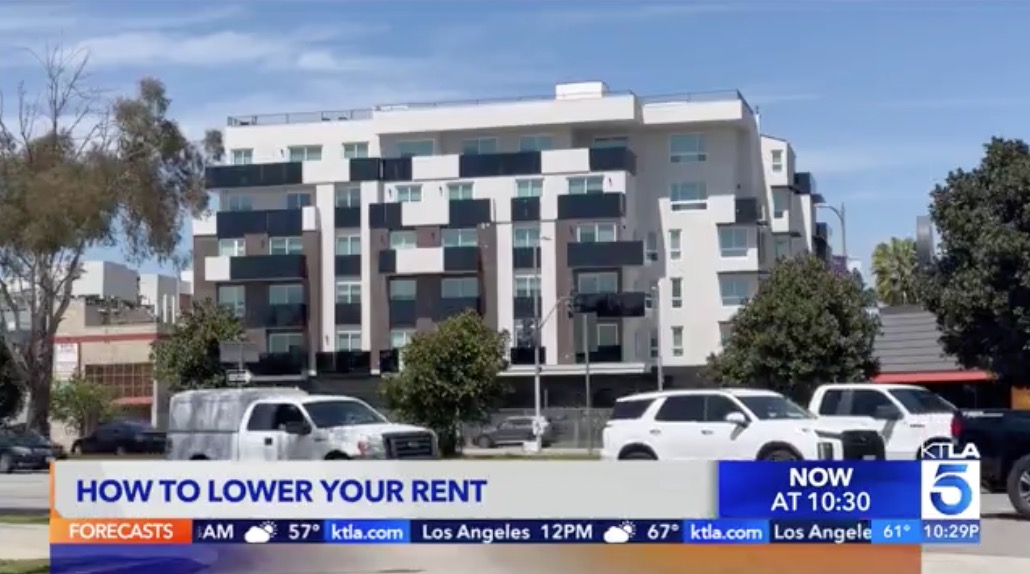Coronavirus has impacted people in different ways. Some have leveraged the flexibility of working from home to prompt a move to a community farther away from the job site now that commuting is on hold until this health crisis is more under control. Others are seeking escape from crowded cities and large apartment communities in hopes of greener pastures and more space. Regardless of the reason, when moving, there’s a lot to arrange.
One thing that might slip your mind is updating your voter registration information. It is more important than ever that your vote be counted.
Voting Resources
Here are some resources to help you update your voter registration after moving.
- USA.gov Resource – Provides general information and links to state resources.
- Vote.gov – An official website of the United States Government that allows you to enter your state, to then see if you’re already registered, or to register if needed.
If you are looking for non-partisan resources, here are a bunch.
- HeadCount – HeadCount.org works to empower Americans through voter registration, digital campaigns, information, and projects that harness the power of music and culture.
- Vote.org – A comprehensive list of state-by-state absentee and early voting rules.
- Rock The Vote – The biggest name in youth voting, Rock the Vote also has a powerful Web-based resource.
- Independent Voter Project – The Independent Voter Project (IVP) is a 501(c)4 organization that seeks to re-engage nonpartisan voters and promote nonpartisan election reform through initiatives, litigation, and voter education. IVP is best known for authoring California’s successful nonpartisan primary.
- FairVote – FairVote is a nonpartisan champion of electoral reforms that give voters greater choice, a stronger voice, and a representative democracy that works for all Americans.
- Unite America – Unite America is a movement of Democrats, Republicans, and independents working to bridge the growing partisan divide and foster a more representative and functional government.
“One of the penalties for refusing to participate in politics is that you end up being governed by your inferiors.”
Plato
One of the many things that make America an incredible country is our democracy. Each and every one of our citizen’s matters. Each and every one of us is able to weigh in on what’s important to us. When most people participate in an election, the results are more meaningful.
In-Person, Absentee, Mail-In Options
Aside from updating your voter registration if moving, 2020 is also presenting challenges with in-person voting. There is currently a lot of misinformation about absentee voting, otherwise known as mail-in voting. Here is a guide to such election terms.
In years past, many chose to vote by mail, also known as absentee voting. Citizens who are temporarily living outside of the U.S., ex-pats, do so every year. College and university students who still claim their primary residence in their home state, versus their school location, do so every year. People who are unable to physically travel to a voting location, do so every year.
This year, many Americans are feeling unsafe in large crowds and fear potential COVID19 exposure when it comes to voting in person. Google has a handy widget if you search, “register for an absentee ballot,” that displays the following and allows you to toggle between states.

Let’s close on the words of one the most important and influential stand-up comics of all time, “If you don’t vote, you lose the right to complain,” George Carlin.









